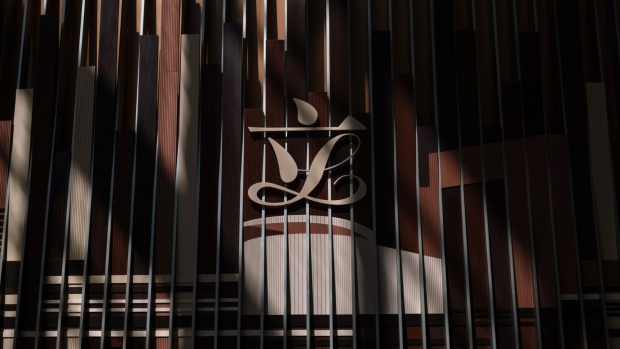Nov 9, 2020
China Set to Oust Hong Kong Lawmakers in Fresh Purge, HK01 Says
, Bloomberg News

(Bloomberg) -- China intends to oust at least four pro-democracy lawmakers from Hong Kong’s elected legislature, HK01 reported, escalating its crackdown against the city’s beleaguered opposition.
China’s top legislative body, the National People’s Congress Standing Committee, was expected to consider during a two-day meeting that starts Tuesday whether the lawmaker’s actions violated their oaths, HK01 reported Monday, citing people it didn’t identify. The meetings were likely to result in the disqualification of Dennis Kwok, Kwok Ka-ki, Kenneth Leung and Alvin Yeung, the news site said, leaving the 70-seat Legislative Council with just 16 opposition lawmakers.
China has taken a series of unprecedented steps to intervene in the affairs of the former British colony since a wave of historically large and sometimes violent democracy protests gripped the city last year. Since June, the Chinese government has imposed a sweeping national security law and extended the terms of sitting lawmakers to allow the local government to delay local elections for a year.
Any move to disqualify elected lawmakers would underscore international concerns about Hong Kong’s autonomy just as President-elect Joe Biden prepares to take office on a promise to defend democratic values around the world. The Trump administration earlier this year leveled sanctions against 10 officials over their roles in curbing Hong Kong’s autonomy.
While the HK01 report didn’t specify the grounds for disqualification, the four lawmakers have been criticized by authorities for using delay tactics common in democratic legislatures around the world. All four had been previously barred from seeking re-election to the chamber, another tactic the government has increasingly used to silence its critics.
‘Not Suitable’
Hong Kong’s sole delegate to the NPC Standing Committee, Tam Yiu-chung, warned that lawmakers who engage in such delay tactics “are not suitable” for public office, the South China Morning Post newspaper reported separately Monday. “It isn’t good to use various means to disrupt LegCo’s normal operation,” Tam said.
Such disqualifications raise new questions about the future of Hong Kong’s opposition, which has used the legislature as a platform to challenge Beijing’s agenda since the city’s return to Chinese rule in 1997. After several radical “localist” activists were among a record 29 opposition lawmakers elected in 2016, China handed down a ruling that led to the disqualification of a half dozen lawmakers.
Two opposition lawmakers resigned their seats in September in protest against China’s decision to extend the legislature’s term by a year without an election. Several remaining lawmakers are also facing criminal charges related to various protests against the government, including seven charged in recent months with participating in a May scuffle at the Legislative Council.
©2020 Bloomberg L.P.








